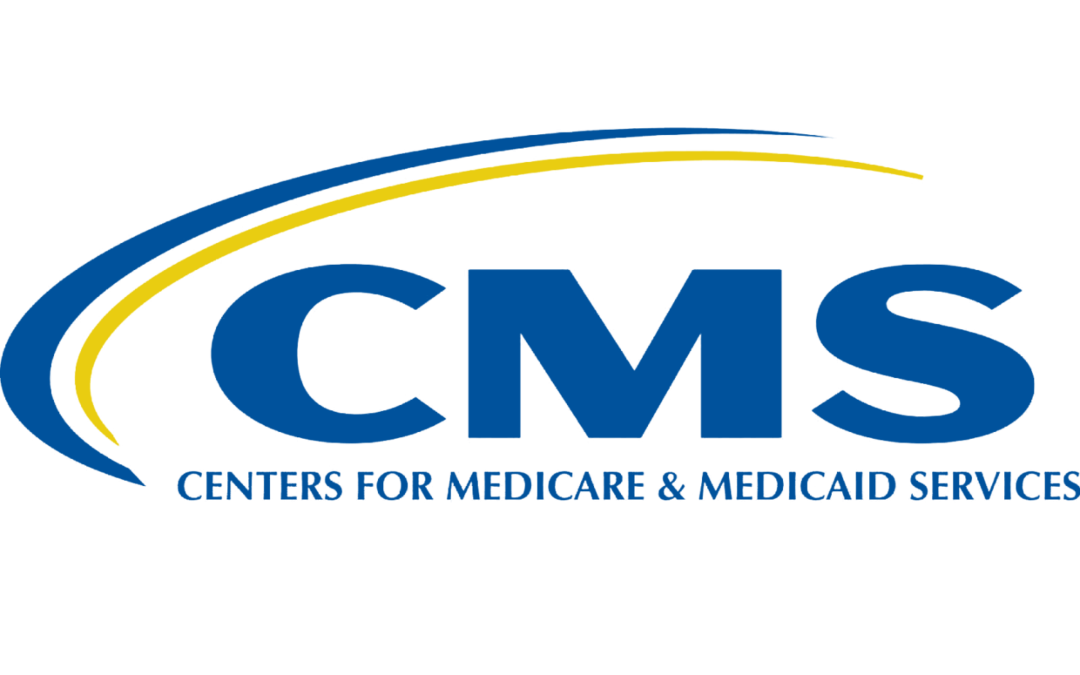The 2023 Medicare Physician Fee Schedule (CMS-1770-P) went on display late afternoon July 7, 2023.
The proposed rule involves sweeping changes to the way that cellular and/or tissue based products for skin wounds (CTPs) are paid for in the physician office setting.
This is a brief summary of the provision related to CTPs applied in the office-based setting:
- All CTPs will be “incident to” supplies (not separately reimbursed) – presumably CMS will somehow incorporate the cost of the CTP into the practice expense (although it doesn’t seem likely to me that it will be enough to cover the actual cost).
- CMS will no longer pay separately for skin substitute products under the Average Sales Price (ASP) +6% payment methodology – in other words, the Agency is now “packaging” physician payment for CTPs in the office setting just like they do in the wound center. CTPs will be removed from the Part B pricing data file and pricing will now be part of the physician fee schedule.
- The terminology will be changed from skin substitutes to “wound care management products” (which means they will be thought of as “wound dressings”)
- All products will be assigned A codes (see above) and CMS will discontinue all existing Q codes for CTPs.
The Centers for Medicare and Medicaid Services (CMS) has delayed the implementation of these changes until 2024. CMS has indicated that these changes will also appear in the Hospital Outpatient regulation (which should be released any day now) as the Agency is trying to make these changes consistent through all settings.
Here’s my initial take on this. CMS never makes sweeping changes to payment policy without a reason. In this case, the reason for this change is that payments for CTPs in the office based setting have skyrocketed without any commensurate evidence of benefit. Based on the patients/wounds referred to me in the wound center – I suspect that some of that office-based use (maybe a lot of it) is improper use. I have seen patients who have failed multiple CTP applications in a doctor’s office but have not had arterial screening, been properly offloaded or had their nutritional deficits corrected. CMS has only blunt tools to handle misuse and improper use in the Medicare Fee for Service (FFS) system. All they have is the “just say no” approach. Medicare’s “fix” for abuse of CTPs in the office setting is going to affect the HOPD, too – I am wiling to bet. As always, the patients who really need these products will get hurt.
–Caroline

Dr. Fife is a world renowned wound care physician dedicated to improving patient outcomes through quality driven care. Please visit my blog at CarolineFifeMD.com and my Youtube channel at https://www.youtube.com/c/carolinefifemd/videos
The opinions, comments, and content expressed or implied in my statements are solely my own and do not necessarily reflect the position or views of Intellicure or any of the boards on which I serve.




Absolutely, and this may well be the first foray into the “site neutrality” arena. The cost differential is substantial, and the process is exactly the same in both locations. This will definitely impact how these products are used in all sites of service.
I totally agree, Helen
This just is hurtful to the patient populations that need these technologies the most. Covid forced this back to POS 11 and now CMS thinks that slamming the door shut is the answer. They are treating the problem as if they are a hammer and this is a nail, but it’s more like trying to fix the roof without the right tiles or underlayment.